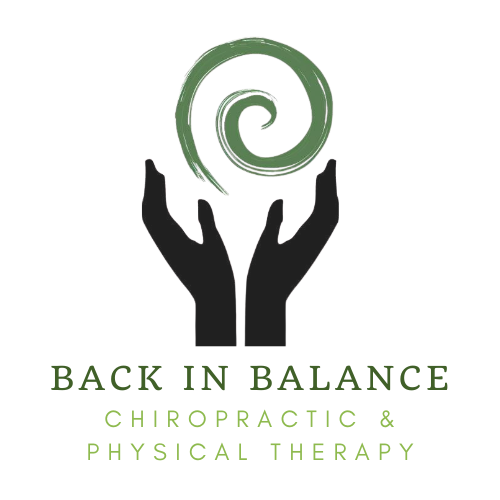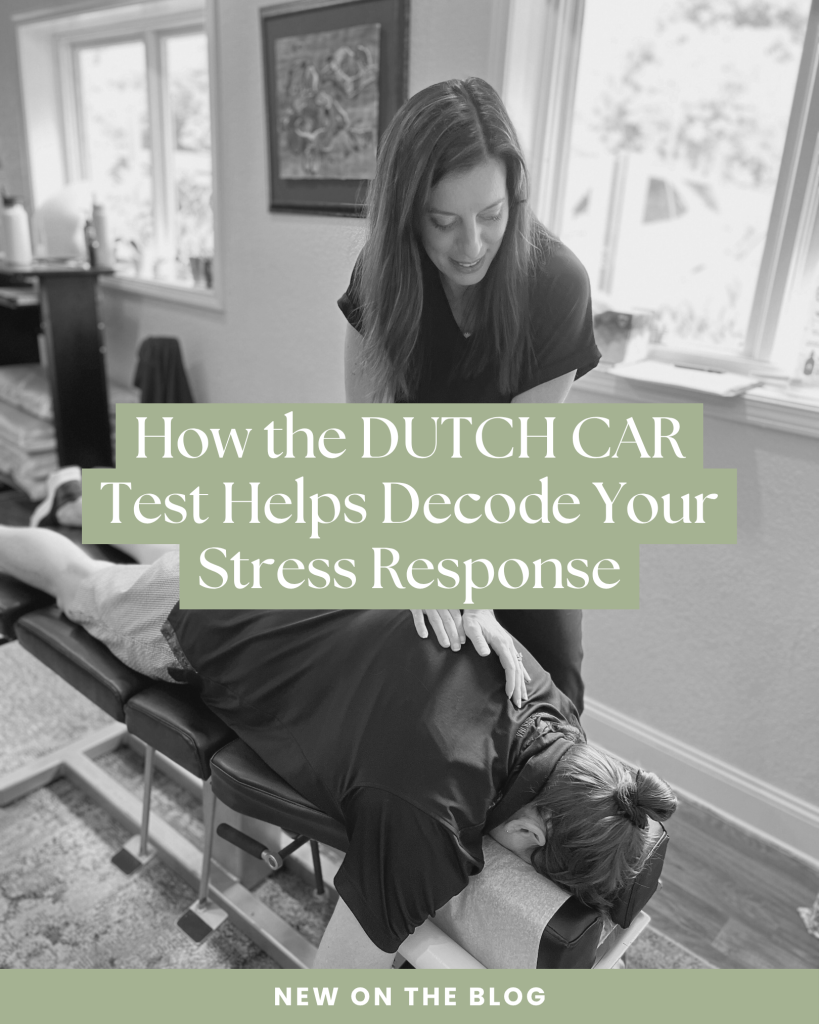How the DUTCH CAR Test Helps Decode Your Stress Response
Waking up already tired, hitting a wall mid-afternoon, or feeling wired at night are all signs your body’s stress response may be out of sync. Behind the scenes, your HPA axis, short for hypothalamic-pituitary-adrenal axis, plays a central role in how your body reacts to stress and recovers from it.
The DUTCH CAR test is a valuable tool that helps assess how well this system is functioning, especially during the most critical part of your day: the first hour after waking.
What Is the HPA Axis?
The HPA axis is a complex feedback loop between your brain and adrenal glands. It regulates the production of cortisol, a hormone that helps you respond to stress, maintain energy levels, and support immune function.
Cortisol isn’t inherently bad… in fact, it’s essential. In a healthy rhythm, cortisol should spike shortly after you wake up, giving you the energy to start your day, and then gradually decline throughout the day, reaching its lowest point at bedtime.
But when stress becomes chronic, this rhythm can shift or flatten. That’s when symptoms like fatigue, brain fog, disrupted sleep, anxiety, and hormonal imbalances can show up.
What Does the DUTCH CAR Test Measure?
CAR stands for Cortisol Awakening Response. Unlike a typical cortisol test that only gives a single snapshot, the DUTCH CAR test captures multiple data points in the first hour after waking—offering a more complete picture of your body’s stress response.
It can help uncover:
→How your HPA axis responds to the stress of waking
→Whether your morning cortisol rise is too low, too high, or delayed
→Patterns linked to adrenal fatigue, burnout, or overstimulation
→Imbalances that may contribute to trouble falling or staying asleep, low energy, or emotional reactivity
The DUTCH CAR test also includes data on cortisone (an inactive form of cortisol) and can be paired with additional hormone markers if needed.
When Might Testing Be Helpful?
This kind of testing can offer insight if you’ve been noticing:
- Morning fatigue or difficulty getting out of bed
- Feeling “tired but wired” in the evening
- Midday energy crashes
- Persistent anxiety or irritability
- History of chronic stress, trauma, or burnout
- Trouble falling asleep or waking up in the night
It’s also a helpful tool for those exploring the deeper roots of digestive issues, hormonal imbalances, or mood changes, since cortisol rhythms influence all of these.
What Happens After Testing?
Once results are in, we can better understand where your stress response may be out of balance. This allows us to recommend supportive strategies tailored to you, which may include:
- Nutritional and herbal support for the HPA axis
- Nervous system regulation through chiropractic care
- Tools to improve sleep, energy rhythms, and emotional resilience
- Mind-body practices like breathwork or circadian alignment strategies
Understanding your cortisol rhythm gives valuable insight into how your body is coping and recovering from stress. The DUTCH CAR test is a helpful step in identifying where support is most needed, and how to gently guide your body back toward balance.
If you’re curious to explore your own cortisol rhythm, learn more about it HERE!




